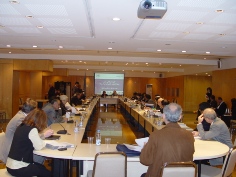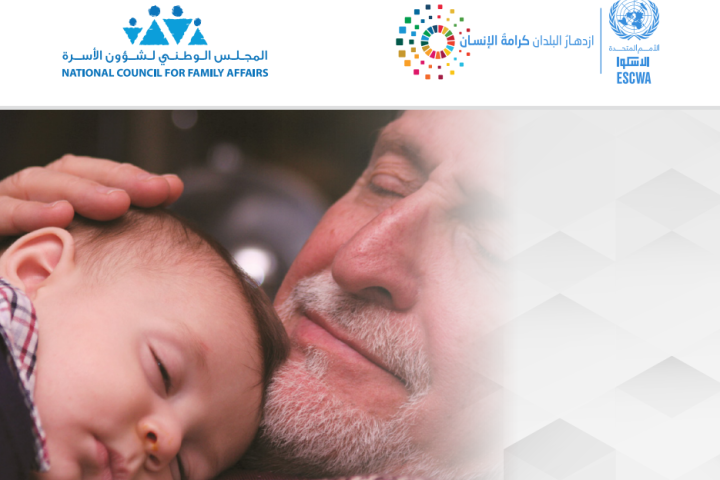UN-ESCWA launched on 16 February 2009 the technical cooperation network web page, during the meeting it holds for the network members at the UN House, Beirut. The site facilitates coordination, communication and sharing points of view on UN-ESCWA services. In addition, the site will serve to identify the priorities of member countries, facilitating by such the implementation of technical cooperation activities and programs.
On the sidelines of the meeting, UN-ESCWA is organizing a workshop for network members on the preparation of sustainable development programs and projects, in response to the choice of a majority of members. The workshop aims at building participants’ capacities in drawing up sustainable development programs and projects, identifying country priorities and needs in sustainable development planning, and establishing recommendations to enhance the inclusion of sustainable development in project and program planning.
The importance of the workshop lies in the fact that it resorts to practical application of issues. It also enables participants to get acquainted with program design methodologies, and offers flexible training methods, building upon participants’ expertise while linking it to their administrations' trends and priorities. The workshop is also a chance for them to discover models applied in member countries, assisting them to draw up a yearly work plan for the network.
The meeting is attended by concerned focal points, working on technical cooperation programs in member countries and experts on in the field. The aim of the meeting is to follow-up on the implementation of recommendations issued during the preparatory meeting (Cairo- 28-30 October 2007) and reinforce cooperation and coordination among network members. It also tackles regional advisors' services, UN-ESCWA activities for 2008-2009, and major priorities and programs proposed for 2010-2011.
UN-ESCWA offers advisory services upon the request of member countries, through a team of regional advisors. Such services involve the implementation of national policies and strategies, a well as development programs and sectoral policies. It also assists them in implementing field projects on the national and regional levels, and exchange successful experiences they can benefit from.
News
17 Feb 2009
Cooperation Techniques

web cooperation.JPG



